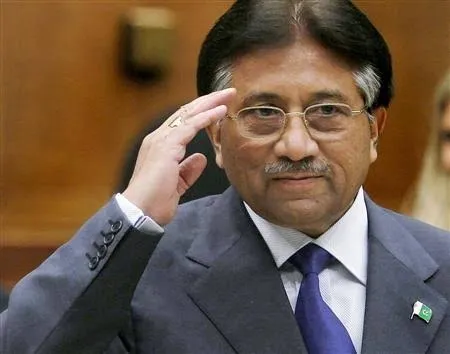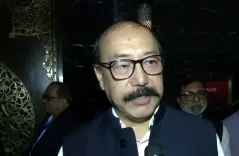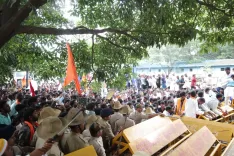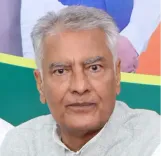How Did Zardari Get Gen Musharraf to Resign as Pakistan President?

Synopsis
Key Takeaways
- Zardari's strategic alliances were pivotal.
- The Army's support greatly influenced political outcomes.
- Nawaz Sharif's ambitions created tension within the coalition.
- The long march for Chaudhry's reinstatement highlighted judicial independence issues.
- Political maneuvering can reshape leadership dynamics in Pakistan.
Islamabad, May 27 (NationPress) During his initial term, Pakistan's current President Asif Ali Zardari adeptly orchestrated the resignation of then-President Pervez Musharraf in August 2008. This was achieved by garnering the support of his successor as Army Chief and skillfully outmaneuvering coalition partner Nawaz Sharif, as revealed by his former spokesperson, Farhatullah Babar.
After their victory in the February 2008 elections, Zardari's PPP and Sharif's PML-N aimed to impeach Musharraf. However, it was the alignment with Musharraf's chosen Army Chief, Gen Ashfaq Parvez Kayani, that proved decisive. In his memoirs, Babar details how Zardari approached Kayani regarding the potential removal of Musharraf.
Kayani, who had become Army Vice Chief in October 2007, was supportive of this initiative. He even recommended Aftab Shaban Mirani, a former Defence Minister, as the next President, according to Babar's account.
However, Zardari was also eyeing the presidency for himself. With the military's backing, he instructed loyal party members to introduce resolutions in provincial assemblies demanding Musharraf's impeachment. Concurrently, he relayed a message through Major Gen Mahmud Ali Durrani (retd), urging Musharraf to either resign or face impeachment.
Initially dismissing the ultimatum, Musharraf ultimately resigned in mid-August 2008. Babar notes that Nawaz Sharif also expressed a desire to assume the presidency during the PML-N and PPP alliance, which saw the latter leading the government with Yousaf Raza Gilani as Prime Minister.
In an informal discussion, Sharif suggested he should become President, to which Zardari humorously responded, 'My party also thinks that I should become the President.' This conversation concluded without resolution.
Zardari successfully elevated himself to the presidency in September 2008. Babar's memoir also highlights military pressure for the restoration of Chief Justice Iftikhar Muhammad Chaudhry, whose dismissal by Musharraf triggered a series of crises leading to his downfall.
Babar recounts how neither Benazir Bhutto nor Zardari held favorable views of Chaudhry, believing he served interests other than judicial independence. During the long march from Lahore advocating for Chaudhry's restoration, Zardari faced mounting pressure from his ministers and Prime Minister Gilani but remained resolute.
A significant deployment of the Triple One Brigade occurred inside the presidency as the march neared Islamabad, creating an optics of a military takeover aimed at pressuring Zardari to reinstate Chaudhry.
Despite the pressure, Zardari stood firm, telling his advisors, 'I know him inside and out. You people don’t. He will accept anything as long as he knows that he will be reinstated. He has been sending me messages. I know it. None of you knows about it.'
Babar notes that Chaudhry even offered a signed resignation letter in advance should he not adhere to his commitment, revealing that his primary concern was his own reinstatement, showing indifference towards the reinstatement of other dismissed judges.









